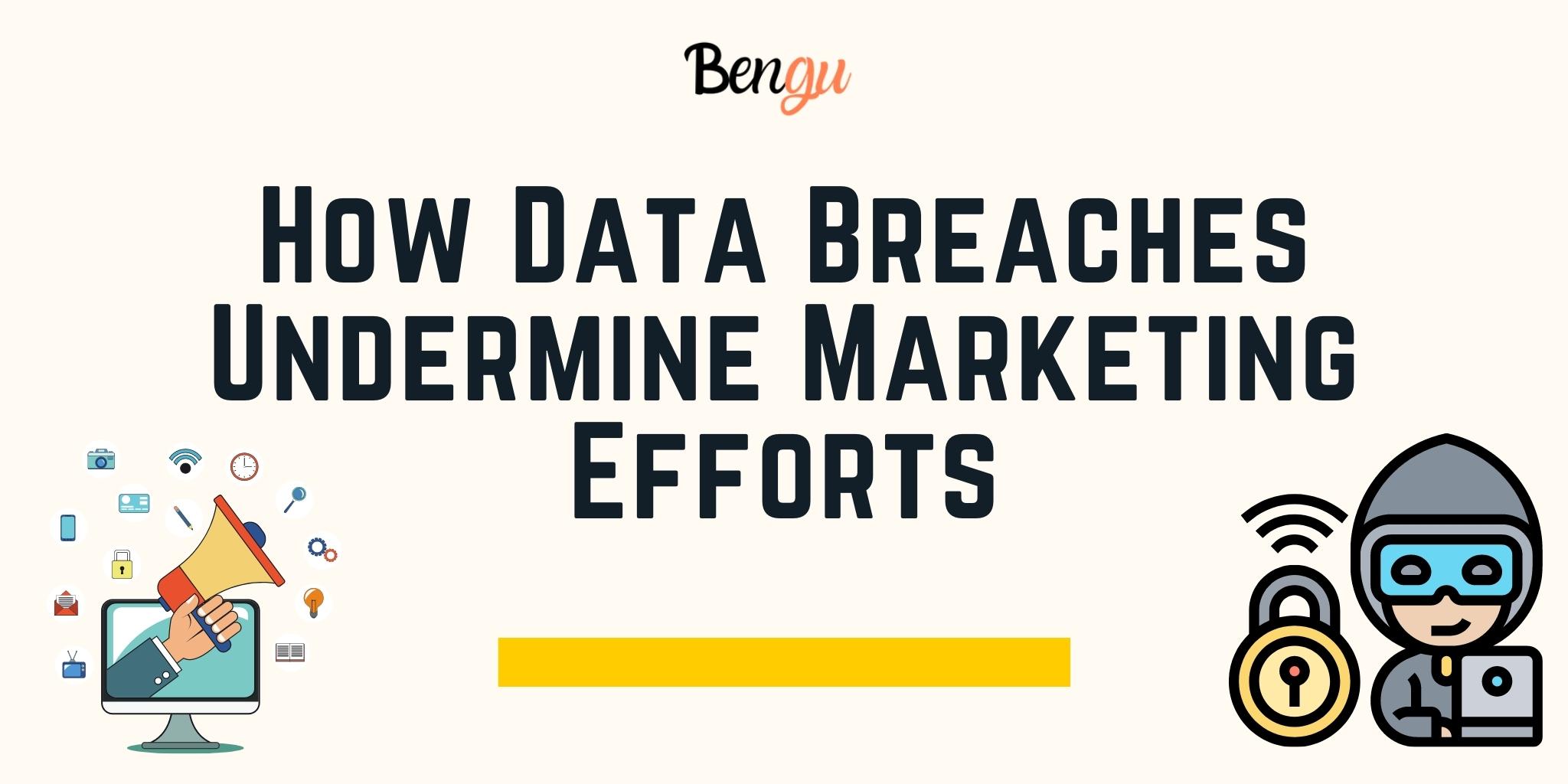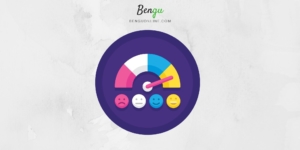With the number of companies using cloud services for their daily tasks and processes going up, we see that the amount of personal data being made accessible online is also growing.
According to Statista, the average cost of data breaches worldwide is skyrocketing, and as the year 2020 made us spend time online more than ever, the risks of experiencing cybercrimes – for businesses, individuals, and governments alike – are expanding greatly.
Modern businesses can get hit in multiple ways, and the impacts that are the hardest to recover from include data breaches that are capable of causing immediate financial repercussions as well as those that have long reverberating effects on an organization’s reputation.
There are multiple ways to lose money due to suffering a data breach:
- You have to compensate the affected parties/users/customers
- You have to set up and/or activate breach response strategies (including helpdesks for affected parties, complementary credit checks, etc)
- You have to thoroughly investigate the entire incident (which may involve paying your security teams for overtime work, hiring third-party entities to deal with the issues, etc)
- You have to change, boost or pivot your marketing efforts to prevent any long-lasting consequences in terms of reputation
More penalties may follow after a serious data breach due to the GDPR (General Data Protection Regulation) that has made this landscape much more complicated since it was introduced back in 2018.
Data Breaches, Brand Reputation and Marketing Efforts
CISO’s Benchmark Report 2020 shows that the number of businesses that suffer heavy reputational damage due to data breaches has gone up from 26% to 33% over the last 3 years. This means that data breaches can significantly undermine a company’s marketing efforts, should such an attack occur.
Online marketing channels have become the main advertising tool for companies that want to grow their customer bases and deliver unique experiences to their clients by collecting their data and using it for marketing purposes. Though still somewhat nascent, this new ecosystem of trust is getting stronger by the day as users are now far more open to sharing personal information with a trusted brand – if they are in turn getting a premium level highly-personalized experience.
This, however, means that brands now collect, process, and store vast amounts of private information that belongs to their customers, making these brands responsible for this data’s safety.
Should a data breach take place, especially the one that compromises the safety of consumer data, it is highly likely that the impact on customer confidence and trust will be hard and long-lasting.
The result? The brand value, market capitalization, and marketing efforts take a giant hit.
Securing Your Brand Reputation Against Data Breaches
As the digital environment becomes more complex and vulnerable in terms of collecting and using consumer data, the need for marketers to work more closely with the IT and security departments increases drastically. The brand reputation a business is building must go up, and to do that, companies should work on delivering both value and security through their marketing campaigns.
With that in mind, the task of preventing brand reputation from being impacted by potential data breaches can be broken down into the following segments:
- Creating a Close Connection Between Brand Promotion and Data Safety
- Achieving Streamlined Communication and Proactive Crisis Management
- Using Secure Advertising Technologies
Creating a Close Connection Between Brand Promotion and Data Safety
Marketers must achieve a shift in the mindset that involves viewing their role in a twofold manner that includes – locking new clients as well as protecting brand reputation.
These roles should find a way to simultaneously be successful at selling their product/service and ensuring that their business reputation stays intact in case a cyber incident occurs. This shift in the mindset should include implementing a security-focused culture across all company departments.
This can be achieved by consciously and consistently developing and building upon the strategic importance of cybersecurity within the processes that are involved in their marketing efforts.
Only then can a company make sure that the responsibility for security is permeated across all departments, not just within the IT sector.
Achieving Streamlined Communication and Proactive Crisis Management
All types of business infrastructures and architectures are susceptible to cyberattacks, regardless of how robust and secure they are. This means that high levels of importance must be assigned to proactive planning and a company’s crisis communication strategy.
These disaster plans are not only crucial for timely and effective response, but they can also provide the stakeholders with a piece of mind, while at the same time minimizing the potential damage that can be done to a company’s reputation.
The disaster plan must be robust and multifaceted and should include the following: setting Recovery Time Objective (RTO) and Recovery Point Objective (RPO), tackling inventory of hardware and software, identifying personnel roles, identifying sensitive documents and creating an email retention policy, outlining response procedures, running continuous effectiveness tests, etc.
Using Secure Advertising Technologies
The evolution of cyberattacks prompts businesses to always stay up to date and use best-in-class technology stacks for both marketing and security. These can secure the reliability and clarity of marketing efforts via proper measures, metrics, and analytics – all of which can be extremely valuable when recovering from a data breach.
The tools used should be able to provide data visibility, management, and reporting, while the tech stack must always remain the highest of security levels. This way, the marketing teams can always be sure that the potential risks they are exposed to are easily manageable.
Wrapping Up
Marketing is becoming an increasingly challenging industry within the currently oversaturated market. Brands must find new ways to emerge from the noise, and these new advertising tactics can often prove to be dangerous in terms of data security and compliance.
Aside from building on existing marketing best practices that can help them sell their product and/or service, businesses must have a well-defined, up-to-date, and dynamic cybersecurity plan that is ready at all times.
Data breach events do not strike when it is most convenient to you, and while no company can ever be 100% protected against cyberattacks, having the right framework and mindset in place substantially minimizes the risks.

I’m a London-born lover of technology, obsessed with online business, passive income and the digital economy. I love learning, researching and curating the most valuable resources to save you time, money and help you discover the truth on what it actually takes to achieve your goals.





